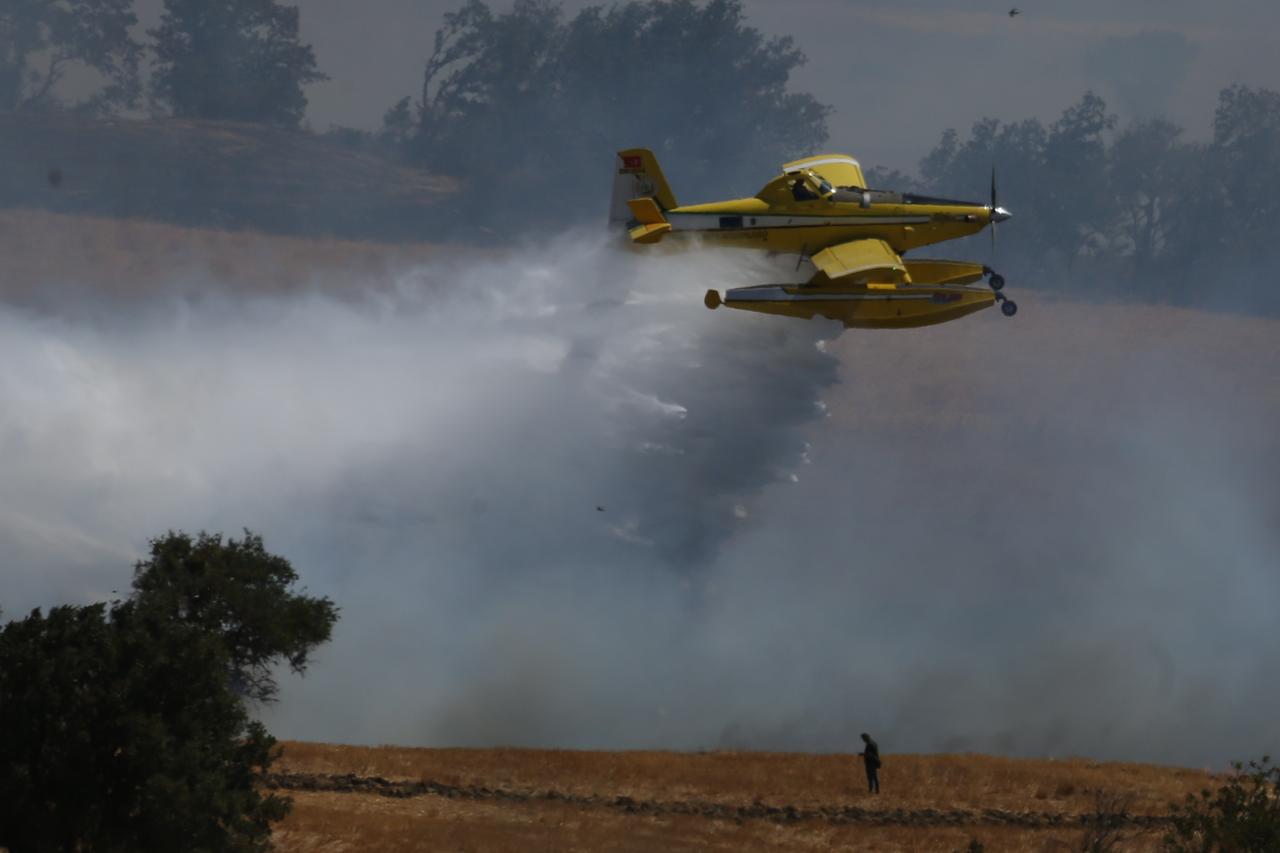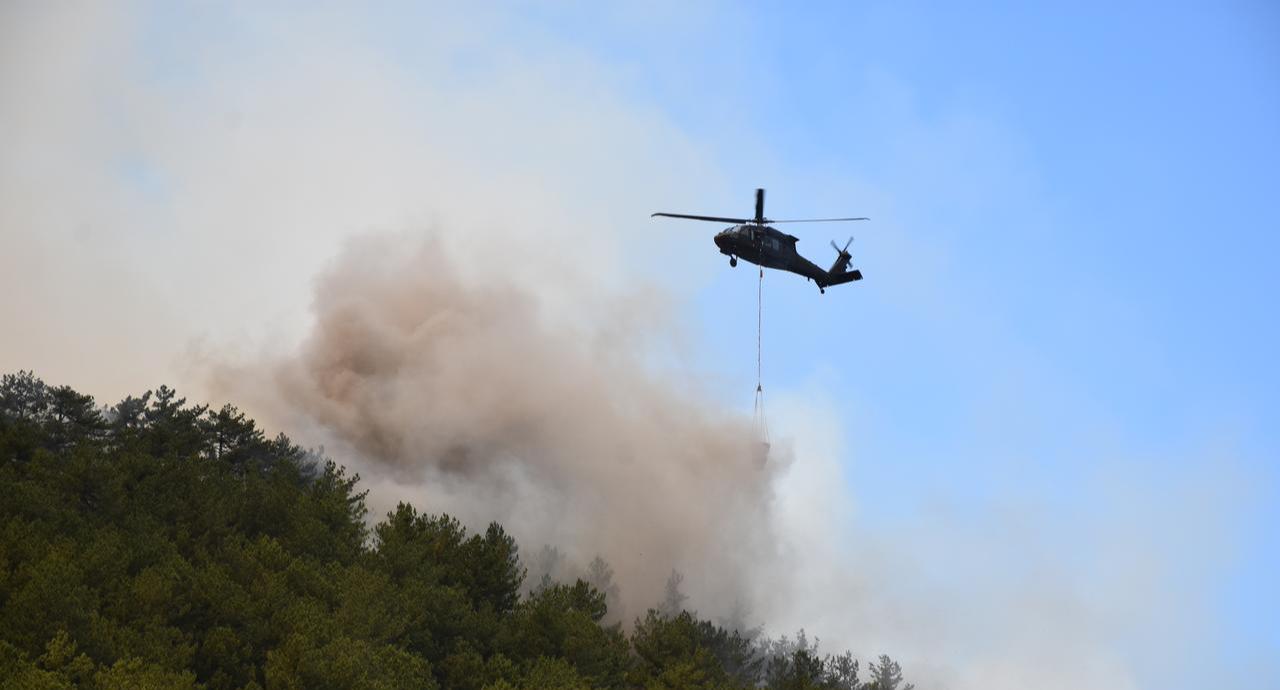
A new study says climate change made the wildfires in Türkiye, Greece and Greek Cyprus during the summer of 2025 about 22% worse, as higher heat, less rain, and strong winds fueled the flames. These blazes claimed 20 lives, displaced about 80,000 people, and scorched over 1 million hectares, marking the worst wildfire season ever recorded in Europe.
In June and July, eastern Mediterranean temperatures soared above 40 °C (104 °F), and in Greece parts even exceeded 45 °C, with summer rainfall down by about 14% from pre-industrial norms setting up a fiery perfect storm. Wind dynamics known locally as Etesian winds intensified the spread, making extreme weather conditions 13 times more likely than they would have been without warming.
Türkiye
Wildfires broke out in western regions including Izmir, Bursa, Canakkale, Manisa, Bilecik and Hatay, forcing mass evacuations over 50,000 people across more than 40 settlements, particularly around İzmir. Flames even threatened Izmir’s Adnan Menderes Airport with heavy smoke forcing temporary closure.

A recent fire in Eskisehir Province killed at least 10 firefighters and rescue workers who were overwhelmed by sudden wind shifts. In total, Türkiye recorded 17 fatalities, including emergency personnel, while property and forests suffered widespread damage.
Greece
In Greece, multiple fires broke out across Chios, Crete, Chalkidiki and rural coastal towns. On Chios, five fires triggered evacuations of 17 communities and destroyed numerous homes. In Crete, a blaze near Ierapetra prompted the evacuation of at least 1,500 people including tourists. Three people died and thousands were evacuated or affected.
Greek Cyprus
The worst fire occurred on July 23–24, near the village of Malia in Limassol District. Fueled by a heatwave of over 44 °C, the blaze consumed 130 km², destroyed over 530 buildings and killed two people a Greek Cypriot couple who perished while fleeing. Approximately 16 communities were evacuated. An investigation led by U.S. ATF experts concluded that the fire started accidentally from a discarded cigarette igniting parched vegetation.
Researchers at Imperial College London highlighted the extreme nature of the 2025 wildfires:
“Our study finds an extremely strong climate change signal towards hotter and drier conditions,” said Theodore Keeping, a WWA researcher.
With global warming at 1.3 °C above pre-industrial levels, today's wildfires exceed the behavior seen in previous records, pushing firefighting capabilities to their breaking point. Keeping warned,
“We are heading for up to 3 °C of warming this century unless countries transition away from fossil fuels more rapidly.”
According to WWA, these fire-conducive weather conditions have become 10 times more frequent than they would have been in a pre-warming climate.